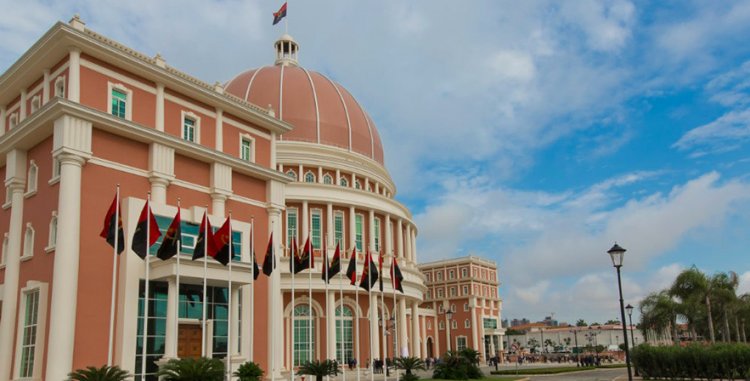The official, who was speaking at the launch of the Support Project for Civil Society and Local Administration (PASCAL), highlighted the country's challenges in the normative chapter.
"If from the legal point of view the work is done, elaboration and approval of good laws, the great challenge is to remove the options and choices made from paper", said Daniel, advocating the need to transform the laws "into concrete reality, of flesh and blood, soul and ground, in a single word in a culture of legality".
PASCAL, funded by the European Union (EU) in 5.8 million euros, aims to contribute to Angola's economic growth and social development through an inclusive, heterogeneous and effective participation of civil society in the governance process.
For Márcio Daniel, the project is "opportune and necessary" because "it is unquestionable that the quality" of Angolan democracy "depends, to a large extent, on the quality of its actors".
"The more and better prepared the members of civil society organizations and the organs of local government administration are, the better the quality of Angolan democracy will be", he observed.
The official considered the project opportune because the exercise of the executive function in Angola, which in the current legislature "is heading towards its end, is indelibly marked by the administrative and financial deconcentration of attributions and competences".
In the Secretary of State's view, the materialization of PASCAL "is necessary" because "it is unquestionable" that the participation of civil society in the decision-making process in the search for solutions to the challenges of local governance "reinforces the social legitimacy of government options".
"And it makes the recipients of the measures co-participants in the decision, which greatly facilitates its implementation. Therefore, for the Angolan executive to collaborate with civil society, it is not only the fulfillment of a constitutional and legal duty, but, above all, an exercise in common sense in governance", he pointed out.
According to Márcio Daniel, "the opening to participatory dialogue with civil society in Angola is a highway with several kilometers already covered, both at the normative and institutional level".
At a "merely normative" level, he stressed, it can be "stated that the Angolan legal system is a true Ferrari of citizenship".
The official also highlighted the Constitution of the Republic of Angola, several diplomas and presidential decrees that "ensure and encourage the participation of citizens and civil society", to consider that the effective participation of citizens in governance "integrates the DNA of the democratic principle".
"Democracy is not only representative, it is also participatory democracy, it is the balanced combination of these two predicates that forms the essence of the democratic principle. For this reason, having good laws and regulations is not incorrect, but incomplete", concluded Márcio Daniel.







